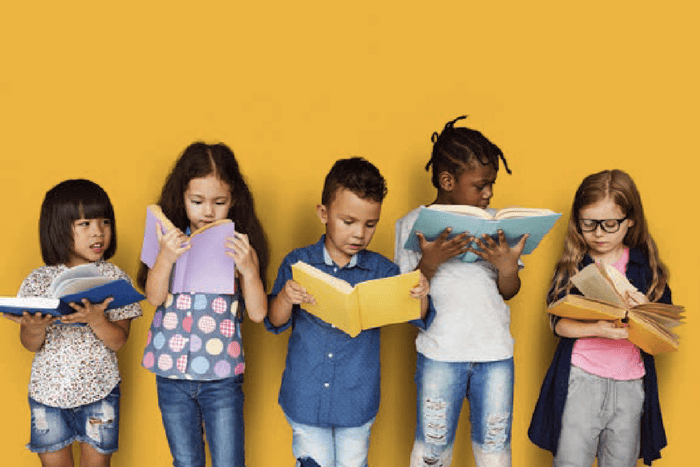A Montessori education is a popular choice for many parents across the UAE. Here, education expert Sophie Oakes from Gabbitas Education explores why it might be a good fit for your child…

A child led approach to learning
The Montessori Method, developed by Dr Maria Montessori over 100 years ago, is renowned for its child led approach to learning, giving children the freedom to explore the environment and develop their innate and undiscovered potential. The emphasis is placed on creating appropriate surroundings which allow as much freedom of choice, movement and self-expression as possible.
Experience in the classroom
Walking into a Montessori classroom feels very unlike your usual classroom; classrooms are set up in advance based on the teacher’s observations of each individual child’s needs and once the pupils arrive they are encouraged to choose from a prescribed range of options. The teaching ‘equipment’ will be different too. Much of the special Montessori equipment will be made of wood or other natural materials, it will be aesthetically pleasing and very tactile. Wooden number beads and rods and sandpaper letters help the children to learn these basic skills not just conceptually but also visually and sensorially. These multiple ‘perceptions’ and ‘experiences’ are embedded in the Montessori philosophy.
People are often amazed at how quiet and calm the atmosphere is in a Montessori nursery. The children are given freedom of movement within the classroom and there is no sense of rush, all of them are encouraged to learn independently and at their own pace rather than working to an imposed timetable. Interruptions are avoided wherever possible so each child can work on the lessons for as long as they wish.
Another noticeable difference is the mixed age classrooms, this gives the older children an opportunity to reinforce their own learning by acting as ‘teachers’ for younger children and the younger children the chance to learn from the older ones. The Montessori priority is to create a happy and positive experience in the classroom and to develop self-disciplined and self-motivated learners. This style of teaching encourages a hands-on experience, with a strong emphasis on ‘real world’ and practical ways of learning where children discover information for themselves. The focus on a child-led approach to lessons and activities means that the learning is often much more spontaneous rather than pre planned as a ‘lesson outcome’.
Role of the teacher
The role of the teacher is to act less as a leader and more as a guide. They work with children, often on a 1-1 basis, to assist and encourage each child on their own learning path. The curricula revolves around the teacher identifying what the children need and then gently directing them towards it. Rewards, punishments and competition as a way of motivating learning or behavior in their classrooms is not part of the Montessori method. They believe that a child’s self-esteem stems from an internal sense of pride in their own accomplishments and that this comes through developing their independence and self-worth.
Does it have to be an all or nothing approach?
There are many adaptations of the Montessori approach with nurseries adopting some of its basic principles but blending these with other practices; some may have a ‘Montessori room’ or a ‘Montessori time’ during the day. This means that areas such as computing and IT or dressing up and role play, areas that are not traditionally part of the Montessori way can coexist side by side. There is nothing wrong with a more liberal Montessori approach versus the more rigid interpretation, there are strong arguments for both.
Find out more
It is not surprising that Montessori, in all its forms, has such a strong support base across the world, it is a delightful, creative and inquisitive curriculum that will bring out the very best in most children. For further reading the following website is useful: www.montessori.org
Gabbitas Education are experts in helping you find the right nursery or school for your child. For impartial professional advice, you can contact Gabbitas Education by emailing [email protected] or call 04 451 6933

